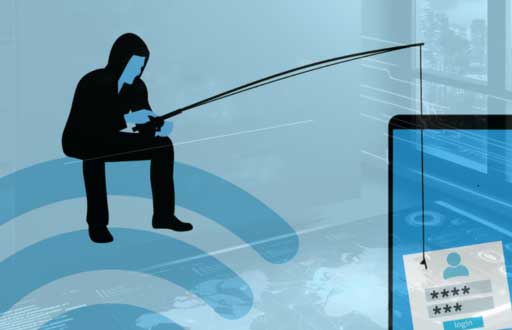You’re sitting at Starbucks, sipping a coffee and checking emails over free Wi-Fi. It feels harmless — after all, everyone’s doing it. But what you may not realise is that public Wi-Fi can open the door to hackers silently spying on your data. In just minutes, someone on the same network could intercept your passwords, messages, or even files.
In today’s connected world, convenience often takes precedence over caution. Public Wi-Fi is everywhere — in airports, hotels, malls, and restaurants — but behind that free connection lies a serious risk. Here’s what makes these networks unsafe and how you can protect yourself.
The Hidden Dangers
Public Wi-Fi networks are usually unsecured, meaning anyone can connect — including cybercriminals. Without encryption or authentication, your data is exposed to attacks such as:
- Man-in-the-Middle (MITM) attacks: Hackers intercept data between your device and the Wi-Fi router — stealing credentials or personal info.
- Fake Wi-Fi networks (Evil Twin attacks): Attackers set up fake hotspots like “Free Airport Wi-Fi” to capture your traffic.
- Data sniffing and session hijacking: Hackers can read your unencrypted messages and login details.
- Malware injection: Compromised networks can secretly install malware or spyware on your device.
- Unencrypted websites: Visiting sites without HTTPS transmits data in plain text — easily captured by attackers.
These attacks are invisible and often undetectable until after the damage is done. Understanding how they work is the first step to staying safe.
Real-World Examples
Public Wi-Fi breaches aren’t theoretical — they happen daily.
- Case Example: Hackers once set up a fake airport Wi-Fi in London, tricking travellers into revealing their passwords and emails.
- Everyday Scenario: A freelancer uploads client files on cafe Wi-Fi. A hacker on the same network intercepts and leaks the data.
- Business Risk: A remote employee connects to public Wi-Fi while travelling — unknowingly exposing company credentials to attackers.
These examples show that it only takes one careless connection to compromise sensitive information.
🛡️ How to Stay Safe on Public Wi-Fi
You don’t have to avoid public Wi-Fi — you just need smarter habits. Here’s how:
- Use a VPN (Virtual Private Network): Encrypts your traffic so no one else can read it.
- Avoid sensitive accounts: Skip online banking or confidential work logins on public Wi-Fi.
- Use mobile data or hotspot: A personal hotspot is much safer than public Wi-Fi.
- Disable file sharing and AirDrop: Prevents others from connecting to your device.
- Forget public networks: Turn off “Auto-Connect” to avoid risky reconnections.
- Keep devices updated: Updates patch security vulnerabilities.
- Enable Multi-Factor Authentication (MFA): Adds an extra layer of protection even if your password leaks.
How Businesses Can Educate Their Employees
For organisations, employee awareness is your first line of defence. A single employee connecting to unsafe Wi-Fi can expose company data to attackers.
Here’s how to reduce that risk:
- Implement Security Awareness Training: Teach staff to spot unsafe networks and phishing attempts.
- Run simulated cyber exercises: Test real-world readiness through phishing or Wi-Fi simulations.
- Create clear remote work policies: Set rules on when and how employees can use public Wi-Fi.
- Provide secure tools: Offer VPN access and endpoint protection software.
Conclusion
Public Wi-Fi isn’t the problem — unprepared users are. By understanding the risks, practising safe connection habits, and investing in employee awareness, individuals and businesses can stay secure in today’s connected world.
Cybersecurity begins with awareness. Every secure connection is one less opportunity for hackers.
At Condition Zebra, we help organisations build cyber-aware cultures through Security Awareness Training that covers mobile safety, phishing, real-world risk prevention and many more.
Contact Condition Zebra today for a free consultation with our Cybersecurity Experts.
Share this:

